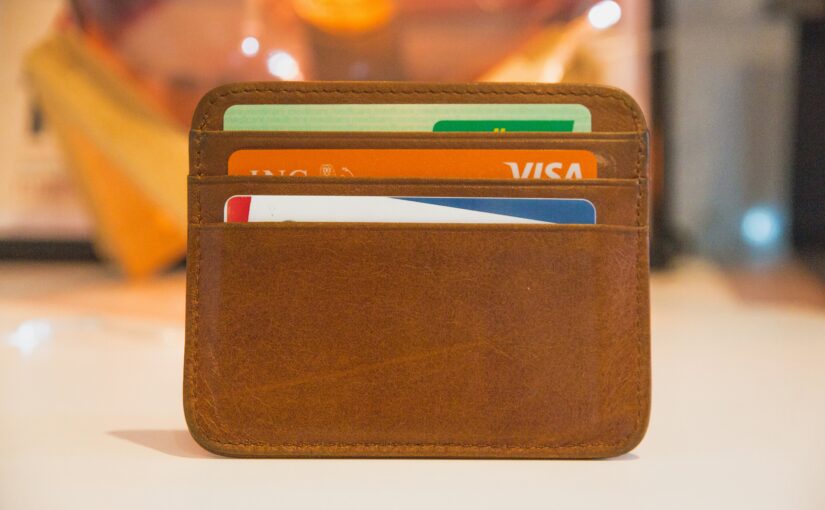How do you collect payment when you are out of network, and the company prohibits patients from assigning benefits to the practice?
What are the patient’s payment options? Can the patient use HSA/FSA?
The answer is that the patient can use HSA/FSA to pay the practice in full and then reimburse their HSA/FSA when the insurance reimbursement check is received.
According to the IRS website: “If amounts were distributed during the year from an HSA because of a mistake of fact due to reasonable cause, the account beneficiary may repay the mistaken distribution no later than the due date of the tax return (not counting extensions) following the first year the account beneficiary knew or should have known the distribution was a mistake.”
This rule covers the scenario where a patient charges 100% of the dental treatment fee to their HSA/FSA because the exact insurance reimbursement amount is unknown at the time of treatment, and the insurance company subsequently sends the patient a check for partial reimbursement. The IRS has a form for this purpose.
It would be easier for the patient to put the full treatment amount on their credit card and subsequently get reimbursed to the extent allowed by the insurance company.
There is another very good option. According to CareCredit®, if the practice is out of network with the patient’s dental insurance carrier, the patient can charge the full amount of the fee to CareCredit®. When the patient receives partial reimbursement from the insurance company, the patient has the option of putting those funds toward early repayment of the CareCredit® balance.
The patient is not obligated to use those funds to accelerate CareCredit®repayment, of course. The patient only needs to pay off their CareCredit® balance within the prescribed interest free period to avoid interest charges.
By being aware of these payment options, practices can be best prepared when dealing with out-of-network insurance questions.

